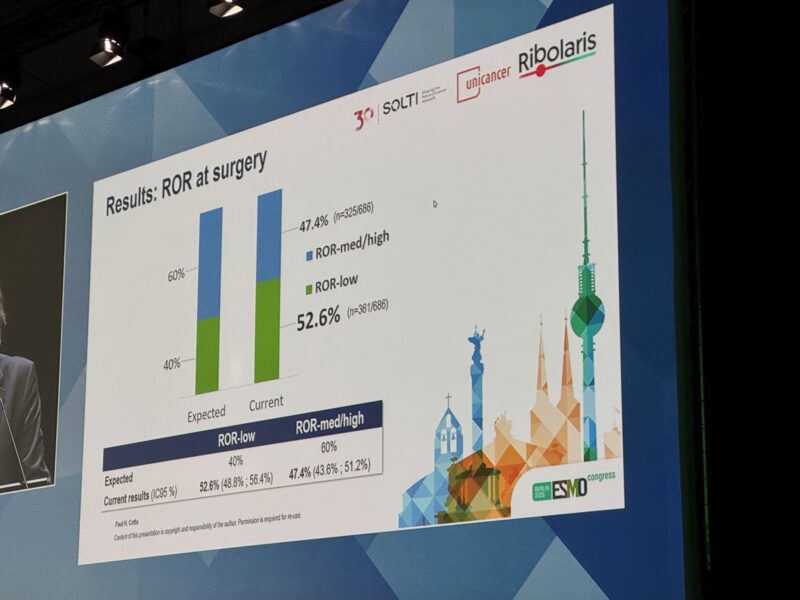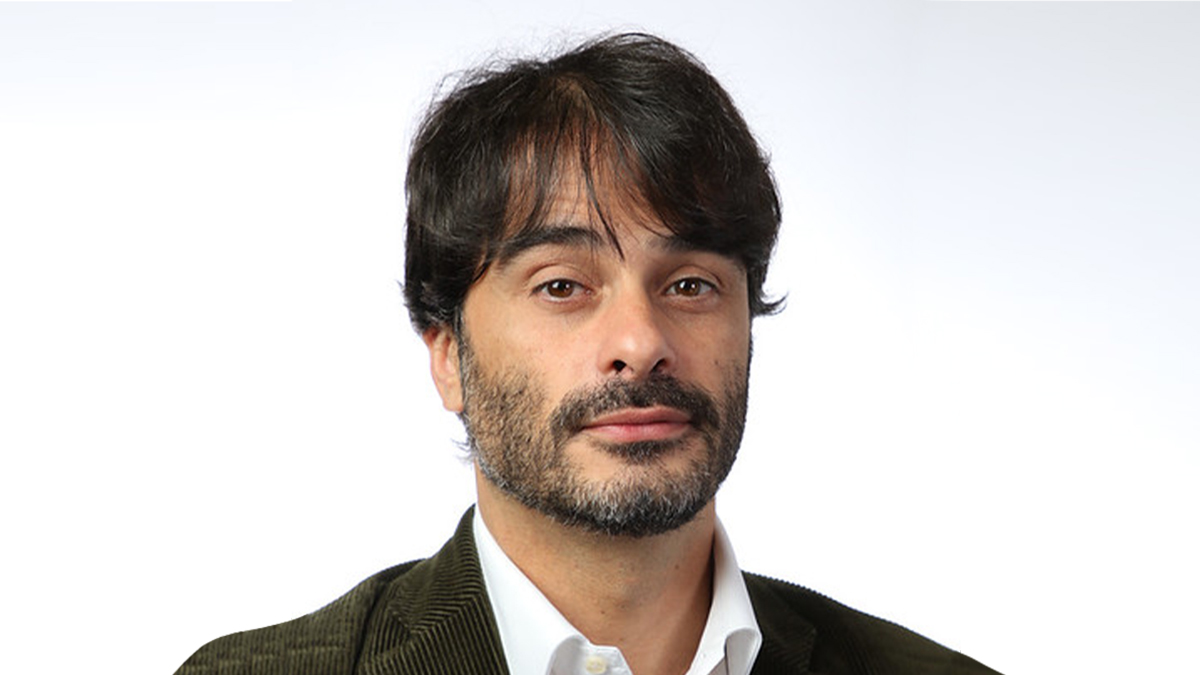Armando Orlandi, Medical Director at the Agostino Gemelli University Hospital Foundation IRCCS, shared on LinkedIn:
“Key Highlights from ESMO 2025: Proffered Paper Session Early Breast Cancer
Today’s breast cancer presentations at ESMO25 delivered practice-changing data across the treatment continuum. Here are the standout findings:
RIBOLARIS Trial – De-escalation in Early-Stage Disease (Preliminary Results)
In this preplanned interim analysis (686/1100 surgeries completed), 52.6% of HR+/HER2- patients achieved ROR-low scores after neoadjuvant Ribociclib+ET, exceeding the 40% threshold. These preliminary findings support potential chemotherapy omission strategies in selected patients and confirm earlier observations from NeoPAL and CORALLEEN trials.
POSITIVE Trial – Fertility Preservation Update (71-month follow-up)
Presented by Italy’s own Fedro Peccatori, this landmark study continues to demonstrate that temporary ET interruption for pregnancy remains safe with a 5-year BCFI of 12.3% vs 13.2% in controls. Remarkably, 69% achieved live births and 82% resumed endocrine therapy. A proud moment for Italian oncology leadership in changing the narrative: survival and motherhood are not mutually exclusive.
Low-Dose Pembrolizumab in TNBC – Access Equity
Indian investigators demonstrated that low-dose pembrolizumab (50mg q6w) achieved 53.8% pCR vs 40.5% with chemotherapy alone – comparable to standard-dose results at a fraction of the cost. A potential game-changer for resource-limited settings.
monarchE – Overall Survival Milestone
At 6.3 years, adjuvant Abemaciclib demonstrated statistically significant OS benefit (HR 0.84, P=0.027) with sustained IDFS and DRFS improvements through 7 years. First OS confirmation for adjuvant CDK4/6 inhibition in high-risk HR+ disease.
NATALEE – 5-Year Landmark Analysis
Ribociclib 400mg showed persistent benefit 2 years post-treatment completion: 85.5% vs 81.0% iDFS at 5 years (HR 0.716), with emerging OS trend (HR 0.800). Benefits observed even in N0 high-risk patients.
Key Takeaway: From de-escalation strategies to survival benefits and global access initiatives, we’re witnessing a paradigm shift toward more personalized, effective, and equitable breast cancer care.”

More posts featuring Armando Orlandi on OncoDaily.


